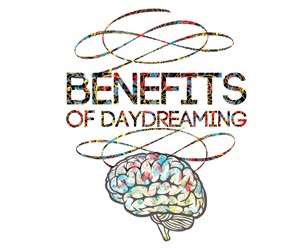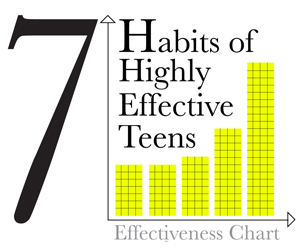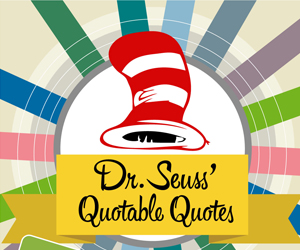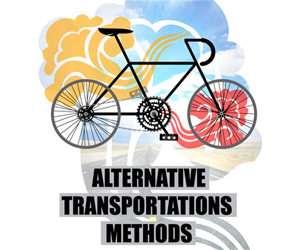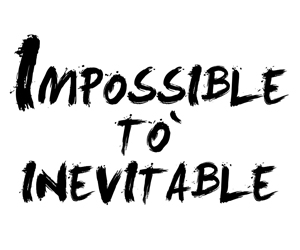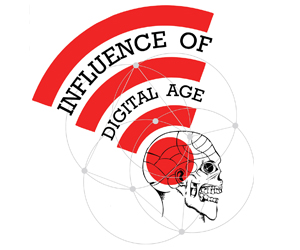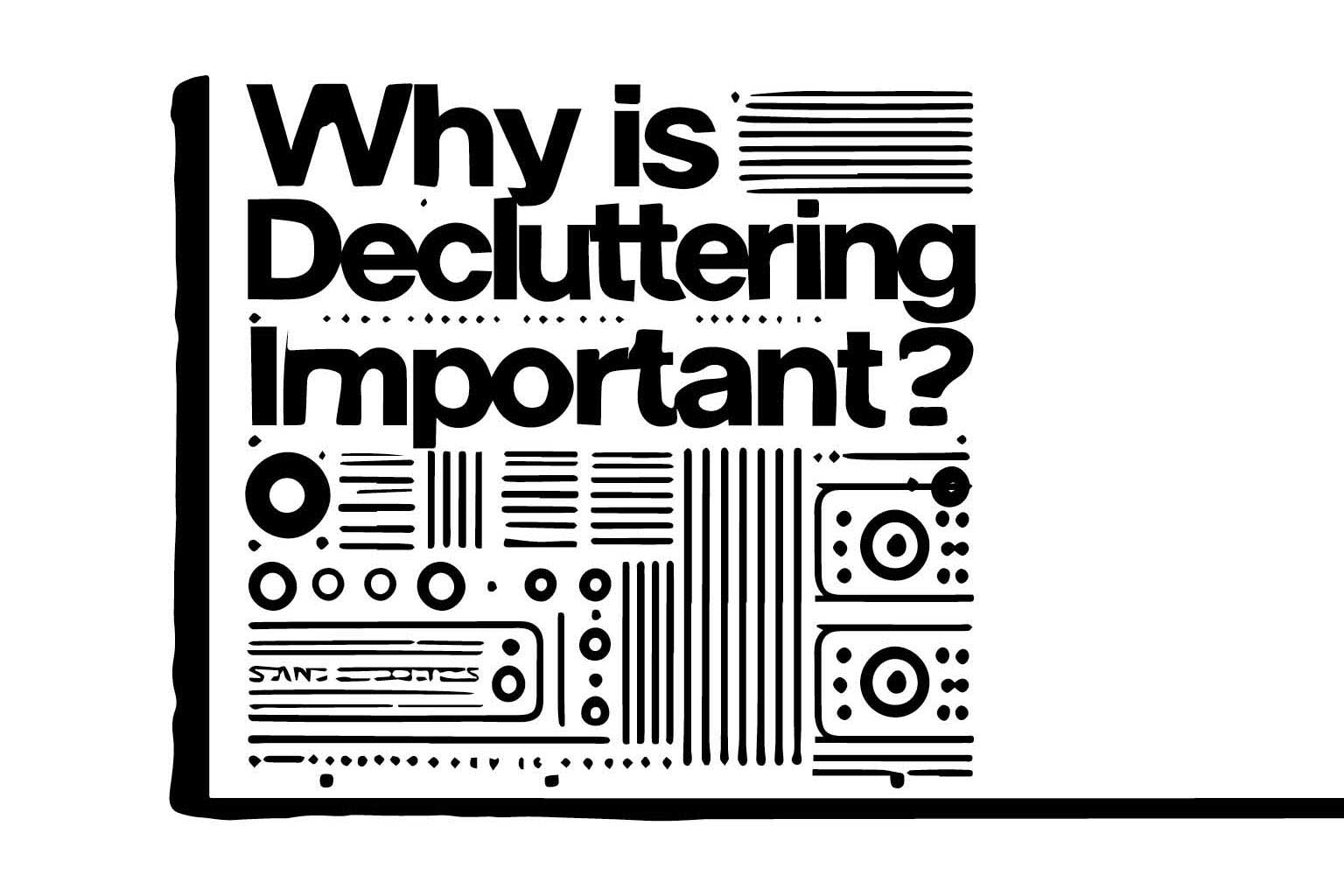 “When people go through the process of decluttering, they feel a sense of freedom and liberation. It’s a reclaiming of a sense of mastery and control. They feel more competent and efficient.”
“When people go through the process of decluttering, they feel a sense of freedom and liberation. It’s a reclaiming of a sense of mastery and control. They feel more competent and efficient.”
Tidying up can help you de-stress, gain a sense of control, and improve your state of mind in numerous ways.
We’re living in a time when many of us feel overloaded with stress. Yet many of us don’t realize how our personal habits may be contributing to our angst and anxiety.
For one thing, clutter and messiness can cause distress, which may be part of the reason why the Marie Kondo tidying method and minimalism trends dominate the headlines in wellness news more and more. After all, decluttering (the process of putting the miscellaneous physical things around you away where they belong) not only makes it easier to find what you’re looking for, it can also improve your mood and state of mind in myriad ways.
“It gives people a renewed sense of control over their environment,” explains Catherine Roster, PhD, a professor of management at the Anderson School of Management at the University of New Mexico in Albuquerque, who has studied the effect clutter has on our psychological well-being.
Why does clutter affect our emotional well-being?
Clutter reflects an excess of possessions that collectively create chaotic and disorderly living spaces.
Clutter is often the result of an over-attachment to our personal items, which makes it difficult to part with them. It isn’t abundance that’s the problem as much as attachment to abundance.
Procrastination and indecision can be caused by the presence of clutter.
Clutter can have a negative effect on well-being and happiness. Though “home” is typically considered a safe and secure place, clutter compromises some of that security, according to survey responses.
When there is clutter, you lose control over your physical environment, which can be very defeating and this can bring on stress, depression, or anxiety.
Clutter can also be a safety hazard if there are items or wires on the floor that someone can trip over, or a health hazard if your piles of stuff have become magnets for dust or bugs.
In addition, clutter can become a source of tension or friction between people in the same household — especially if they have different ideas about what’s acceptable when it comes to tidiness.
It can take a toll on your social life when you won’t invite people to your house as you are embarrassed of your place.
There is even some evidence that being in a cluttered space over time could affect your weight. A study published in January 2016 in the journal Environment and Behavior found that spending time in a chaotic, messy kitchen can contribute to an out-of-control mindset, and people in that type of kitchen chose higher-calorie snacks than people in a neater kitchen.
Why is there a need to declutter?
“Clutter is ‘in the eye of the beholder’ in the sense that some clutter might perturb some people and be totally fine for others,” explains Dr Darby Saxbe, PhD, an associate professor of psychology and the director of the Center for the Changing Family at the University of Southern California in Los Angeles.
However, no matter what you physically count as “clutter,” whatever is in your environment is a constant visual reminder of things that need to be done.
Decluttering allows you to cross things off the to-do list, which gives you a sense of accomplishment. Removing clutter also takes away visual interruptions. It’s an easy way to ‘cleanse the palate’ and have a fresh start.
Reducing the number of items in the house and getting organized also promotes greater productivity, a sense of order, and feelings of self-efficacy, as well as improving your mood. Hence, you can regard tidying up, putting things away, and getting rid of piles of unnecessary stuff as a way of “managing symbolic pollution”.
When can decluttering go overboard?
Of course, you can take anything to an extreme level, so if decluttering becomes an obsession or you become super strict about having everything in a specific place, you can go overboard. If decluttering is keeping you from turning your attention to other things in your life, that’s not helpful or adaptive.
In other words, it’s important to find what works for you in this realm and be flexible enough to relinquish the reins of control when appropriate (whether that’s over a weekend or special occasion or in certain places in your home or office). But it’s worth the effort to find your personal sweet spot, because in the right amount, decluttering can be good for your mental and emotional well-being in many ways.
And in that respect, decluttering can certainly be a form of self-care. (Remember self-care is anything that promotes your health and well-being and that you simultaneously enjoy doing.)
There’s still more work to be done in the field of positive psychology to better define the potential benefits of decluttering. Dr Roster adds that: “It’s a form of self-care, just as not doing it is a form of diminishing the self.”
What can you do to improve your living space(s)?
Suggested Videos:
Watch on Facebook: https://www.facebook.com/watch/?v=1596559123808018&extid=fJYX6A6vbP4RUL6E











